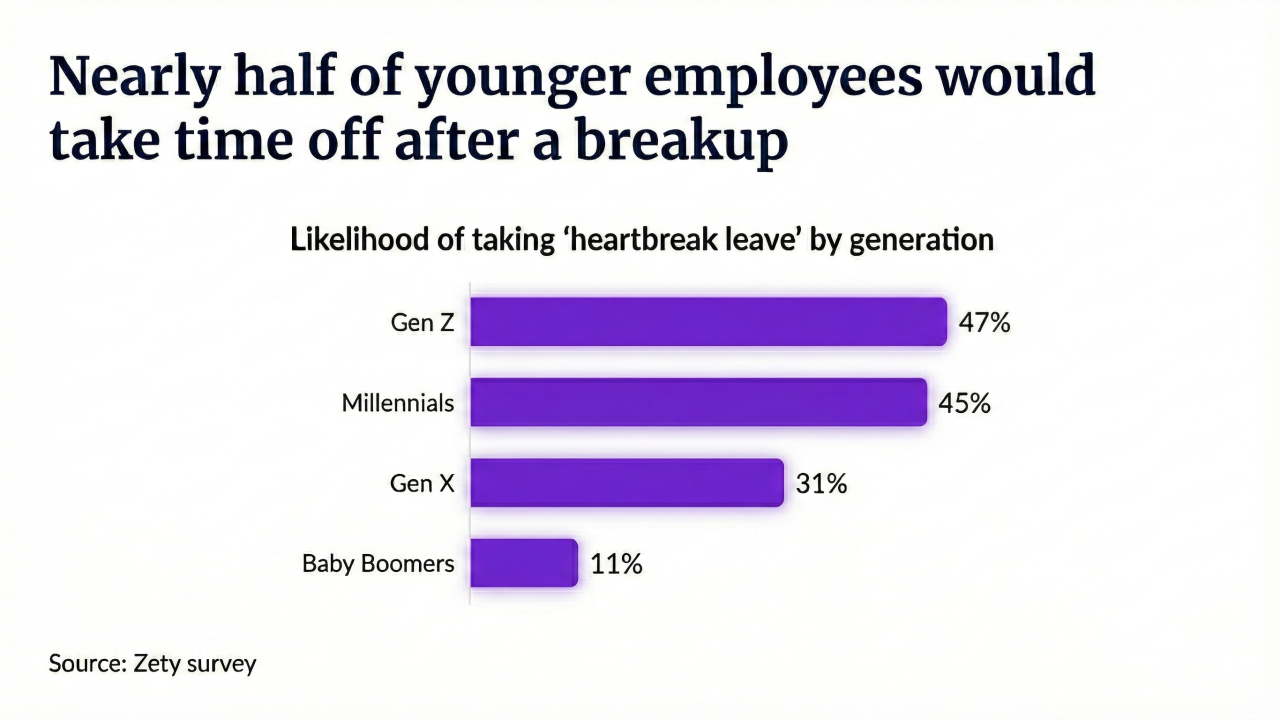
Overview:
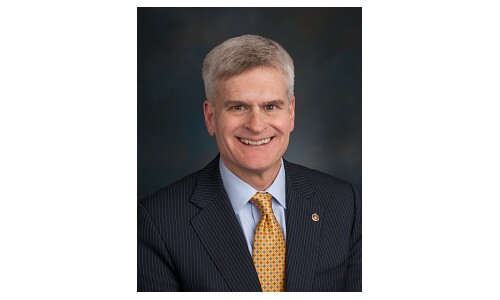
Sen. Bill Cassidy (R-LA)
For more on the Equalizing the Playing Field for Agents and Brokers Act:

Sen. Susan Collins (R-ME)
For more on the Retirement Security Act of 2015:
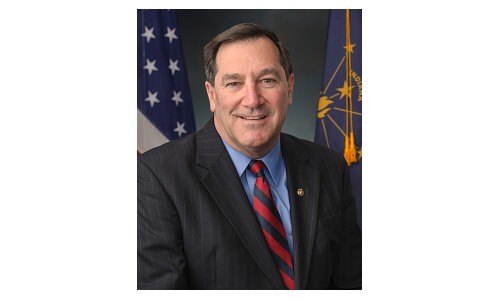
Sen. Joe Donnelly (D-IN)
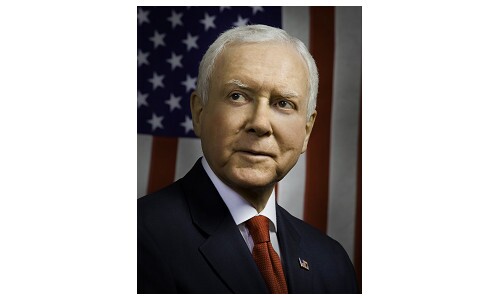
Sen. Orrin Hatch (R-UT)
For more on the Jobs and Premium Protection Act:
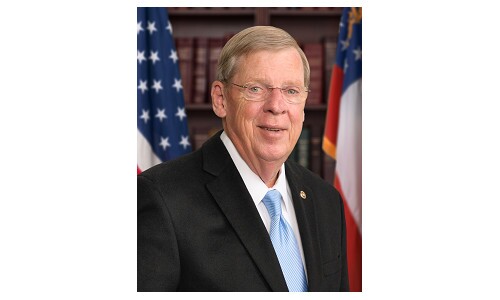
Sen. John Isakson (R-GA)
For more on the Access to Independent Health Insurance Advisors Act of 2015:
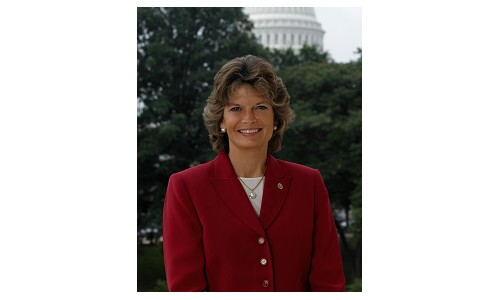
Senator Lisa Murkowski (R-AK)
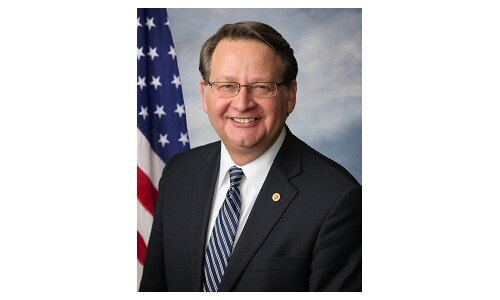
Sen. Gary Peters (D-MI)
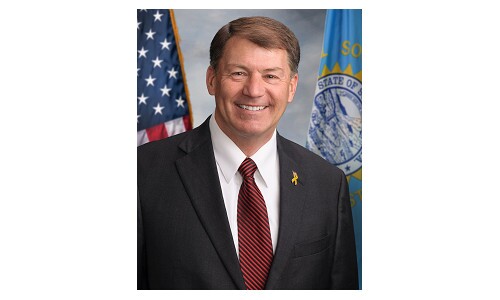
Sen. Mike Rounds (R-SD)
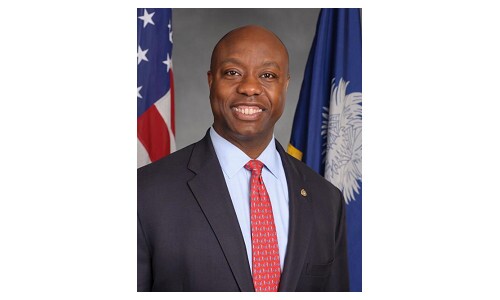
Sen. Tim Scott (R-SC)
Scott is also a co-sponsor of the Small Business Health Relief Act of 2015 (S. 254), which repeals provisions of the ACA that limit the annual deductible on health plans offered in the small group market, deem catastrophic plans to meet essential health benefits coverage requirements for certain individuals, and impose an annual fee on health insurance entities.
For more on the PACE Act:
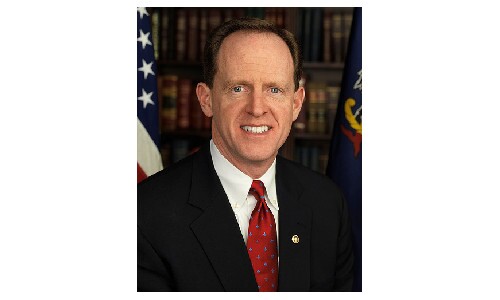
Senator Pat Toomey (R-PA)
For more on the effort to exempt first responders from the ACAs employer mandate:





